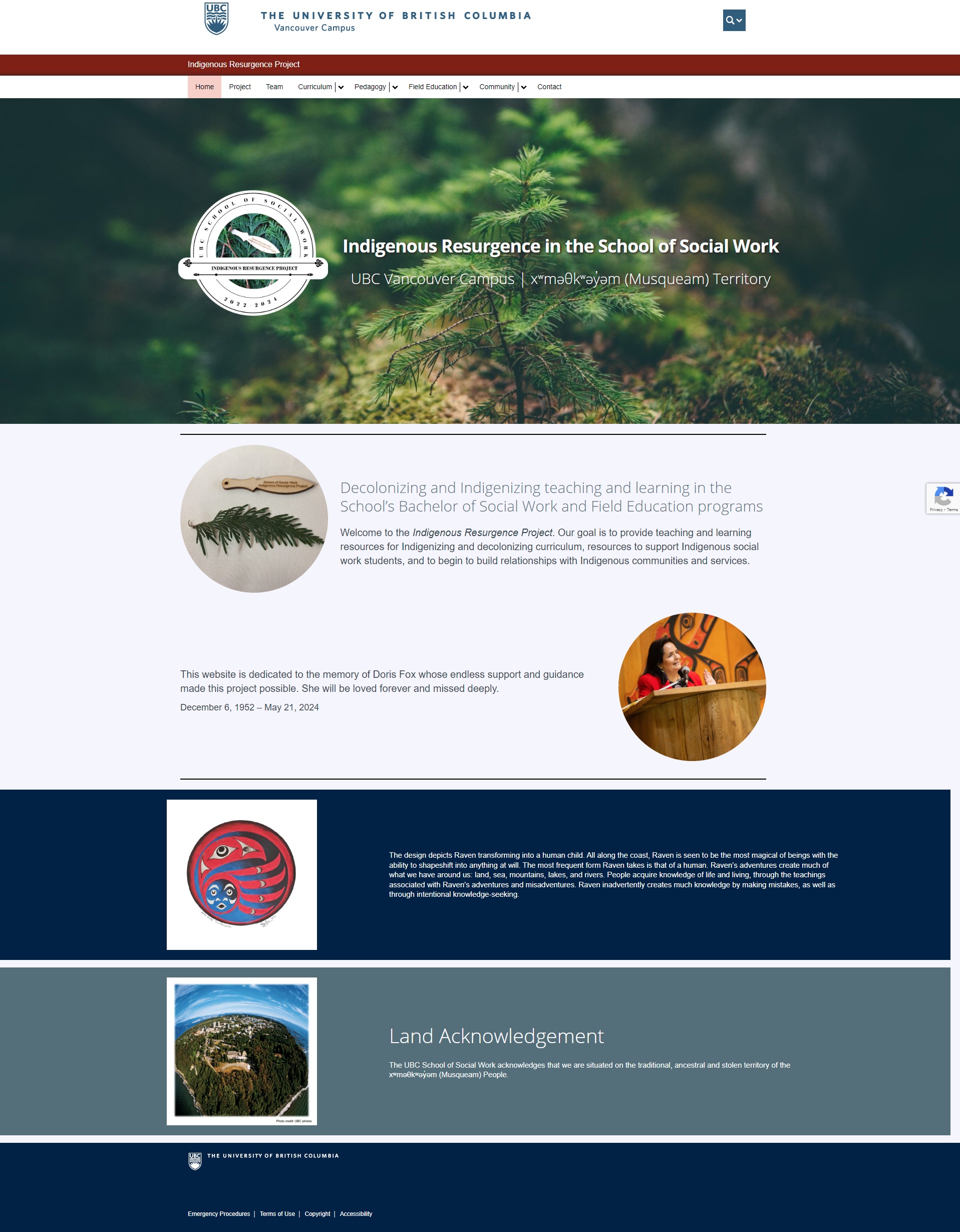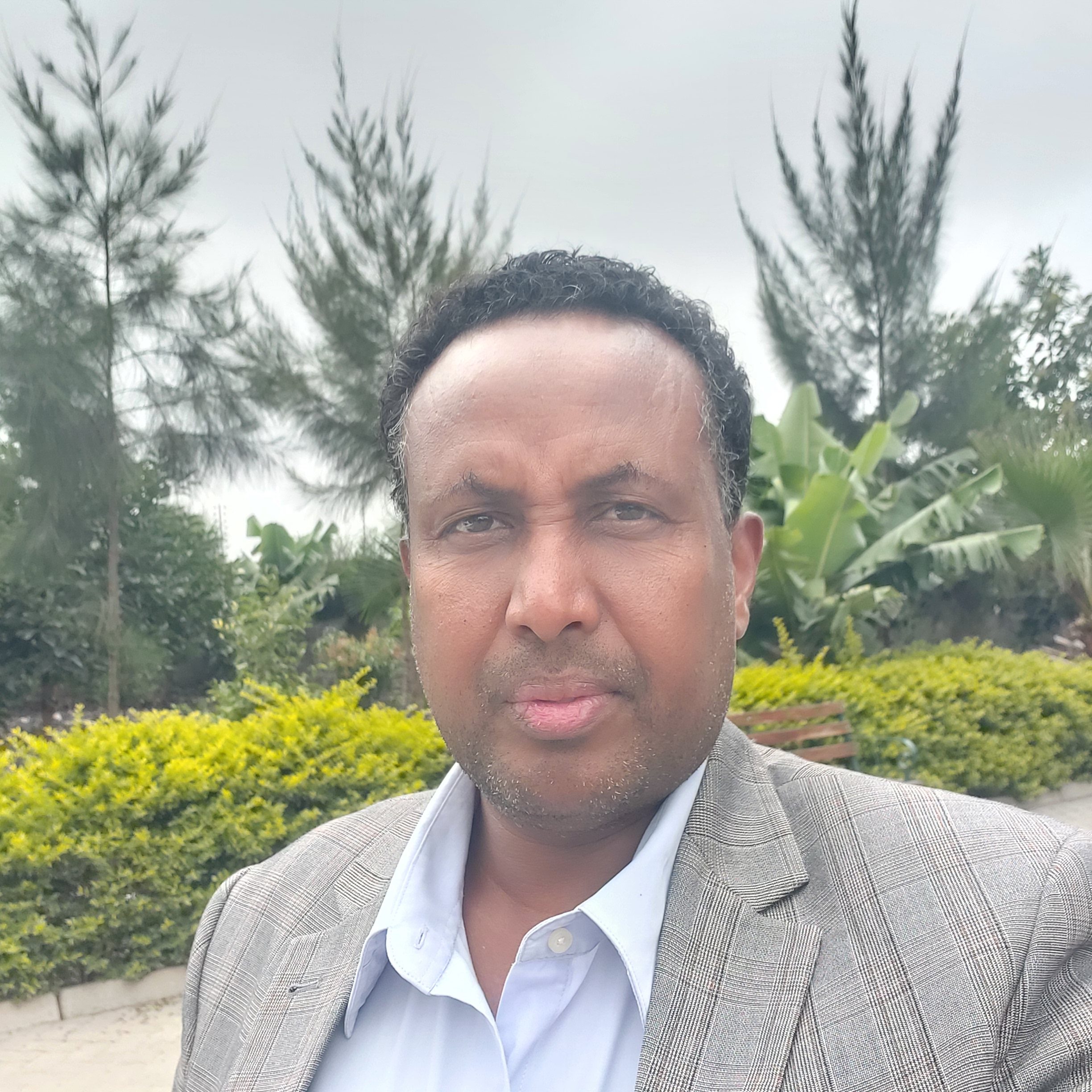By Sean Orr
Calls to ‘Defund the Police’ were amplified during the unprecedented protests that followed the death of George Floyd in 2020. Here in Vancouver, the call comes from community groups reacting to a ballooning police budget and an alarming trend toward the criminalization of poverty. On any front, the term ‘defunding the police’ is still wildly misunderstood. It doesn’t mean that there would be no police. What it does mean is a reallocation of funds to invest in alternatives to policing. It means indigenous, peer-led, mental health outreach teams, and the redistribution of a budget that eats up 21% of our tax dollars (FYI, that’s about $800 per minute). This column explores some of the community groups in Vancouver that could use some of those funds. Today I’d like to introduce you to the Overdose Prevention Society.
WHO | The Overdose Prevention Society is “a community-driven, grassroots initiative that brings people in from the alley and provides a safe and welcoming place to use drugs”. OPS provides a safe, clean environment for people to use drugs, as well as drug testing, harm reduction supplies, jobs for DTES community members, housing support, food distribution, and clean and safe washrooms for the homeless. The official mandate of the Overdose Prevention Society is “to be leaders in the harm reduction movement with a continual push for change and justice, offer employment and advancement opportunities for members of the Downtown Eastside community, and continually work to break the stigma of addiction through empowering drug users and fighting against preconceptions of substance use”.
WHY | Studies show that harm reduction works best when it’s peer-led – not as a top-down, bureaucratic structure. Despite the perception that thousands of homeless people are dropping dead in the streets, statistics show that over 80% of people who have died from unregulated drug toxicity in BC since 2020 have died in their own home. This could be for a number of reasons, but stigma probably plays a role. Fear of criminalization and harassment, coupled with street sweeps, pushes people to use indoors in apartments or SROs.
If we tackled this problem as a public health issue, things would be much different. Instead, former City Councillor and Executive Director of OPS, Sarah Blyth-Gerszak, finds herself asking for basic supplies: “Policing is simply pushing people away from services, creating more issues. We need to refund and fund programs for people to get access to basic services so that they can get healthy and feel better about themselves”. By diverting the bloated VPD budget to non-profits like OPS, Blyth-Gerszak notes that we could provide “washrooms, showers, laundry, food security, haircuts, and clothing” to people in need. In lieu of or in combination with adequate housing, it is this kind of dignity that will snap the cycle of trauma and addiction.
While this should be an entirely non-controversial program, unfortunately Vancouver’s history of puritanical zeal (see ‘Escort Entrances and ‘Vancouver’s Sketchy Past with Poor Quality Beer‘ for a couple of examples) still bubbles under the surface. Add to that a renewed attack on harm reduction, decriminalization and safe supply by Conservative grifters, and it’s more important than ever to highlight those on the frontlines keeping people alive amid a raging drug poisoning crisis.
This blog was originally published as a column on August 14, 2023 in SCOUT Magazine Vancouver https://scoutmagazine.ca/2023/08/14/get-to-know-overdose-prevention-society/


